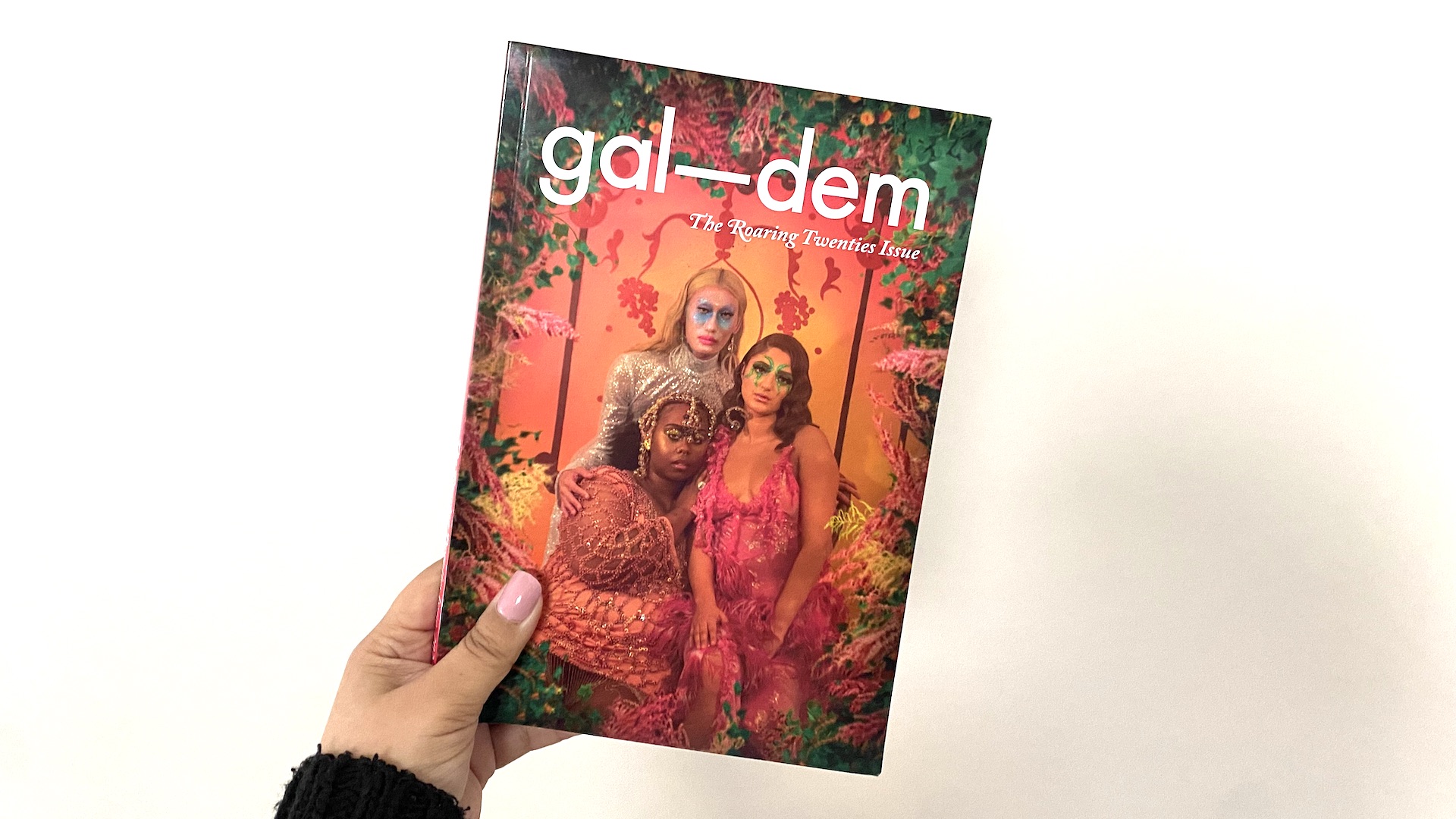Gal-dem, a publication for and by women and non-binary people of colour, announced yesterday that it would be shutting down due to financial difficulties. It was a voice for those less heard in the overwhelmingly white, male British media, and its closure is a blow to everyone who supported its mission.
In a statement published to their website and shared on social media, the team wrote that “continuing to operate as a business is unfortunately no longer feasible”.
“The hard decision to close the business has come from difficulties we’ve faced in stabilising our position both financially and structurally,” it continued, citing the challenge of keeping the company afloat through the pandemic and economic downturn.
I was heartbroken to hear the news. I have loved and championed gal-dem as an amazing resource to read the incisive and important stories we need, and dreamed of one day working for them. As a woman of colour, it was one of the only places I felt was publishing the pieces I wanted to write and allowed me to explore stories that may not have been possible elsewhere. Gal-dem gave me my first commission in journalism nearly four years ago. It was unpaid but it was the first time I believed that I could be a journalist outside of the cosy and safe home of my student magazine.
I’m not the only one who was able to break into journalism because of gal-dem. The news spread quickly throughout my freelance journalist group chats and on Twitter as people, and especially people of colour, began sharing their disappointment. Many journalists of colour, who have since gone on to write for the Guardian, the New York Times, PA, and more, wrote about how “sad” it was that a publication that heralded women and non-binary people of colour has had to close among an industry that is 87 per cent white, according to the NCTJ Diversity in Journalism report of 2022.
Gal-dem was founded in 2015 by Liv Little, who said her goal was to share stories from “voices which are so often left out of the mainstream”. It started out as a volunteer-operation and later grew the organisation to a team of paid staff, with a small budget for freelancers. The publication made its mark by working on collaborations with Guardian Weekend and VICE, as well as publishing groundbreaking investigations about transphobia in the gender-based violence sector and interviewing the likes of talk-show host Oprah Winfrey and I May Destroy You star Michaela Coel.









